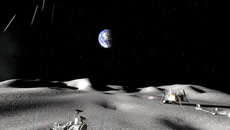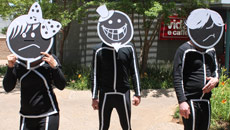The preponderance of evidence shows that there is no link between cell phone radiation and cancer, said oncologist and renowned author Siddhartha Mukherjee.
"I would have suggested to WHO to downgrade cell phones in the list of carcinogens (cancer causing substances) but there is a process to that," Mukherjee said in a media interaction at the India International Centre (IIC) here Monday.
"There are large studies which are pending, but we have to be scientifically accurate. There is no direct evidence but that does not mean that we stop investigating," he added.
The status of radiation from mobiles should be "pending further investigation", he said.
Mukherjee is the author of famous book on cancer "The Emperor of all Maladies: A Biography of Cancer", which won the Pulitzer prize in 2010.
The author further said that the landscape of cancer treatment has transformed over the years, and that there would be a transformation in all cancers and their treatments.
Mukherjee, here to receive the prestigious Padma Shri award from the Indian government, said that the extent to which carcinogens can trigger cancer depends on the amount or dose to which a person has been exposed to.
"We need to educate people on the appropriate doses of carcinogens to which they can expose themselves to within the safety net," he said.
Awareness, said the expert, who specializes in blood cancer or leukaemia, is the key to prevention and control of the disease.
"Cancer is like a detective story. You cannot solve it using only one evidence," he added.
At a separate lecture on "Emerging Carcinogens in an Emerging World" also at the IIC, Mukherjee said: "The world has to understand exposure to carcinogens with respect to changes and age profile of the population."
Tracing the history of cancer in medical literature, he said that it is the environment which mutates genes to cause cancer.
"The levels of diversity which cancer cells exhibit is unique in nature," he added.





